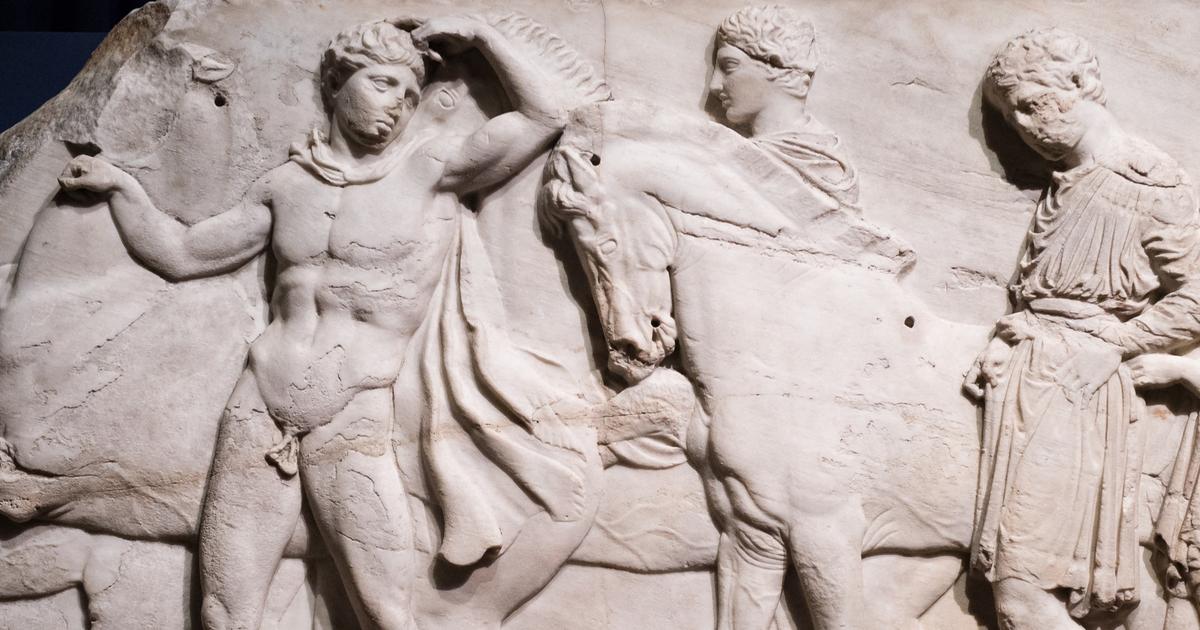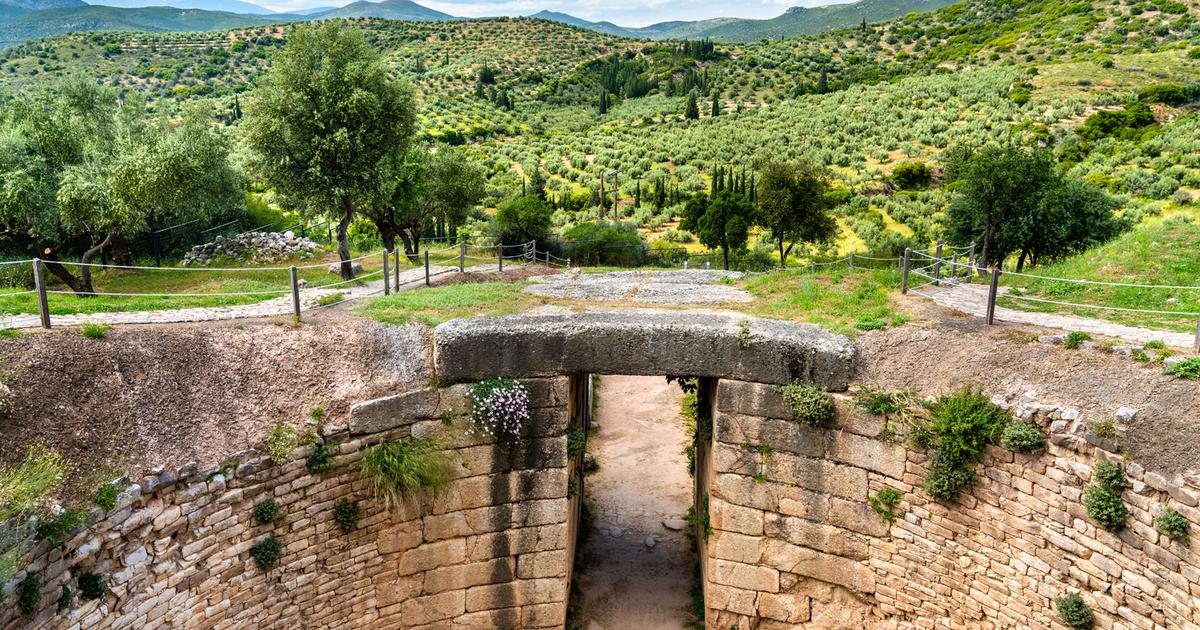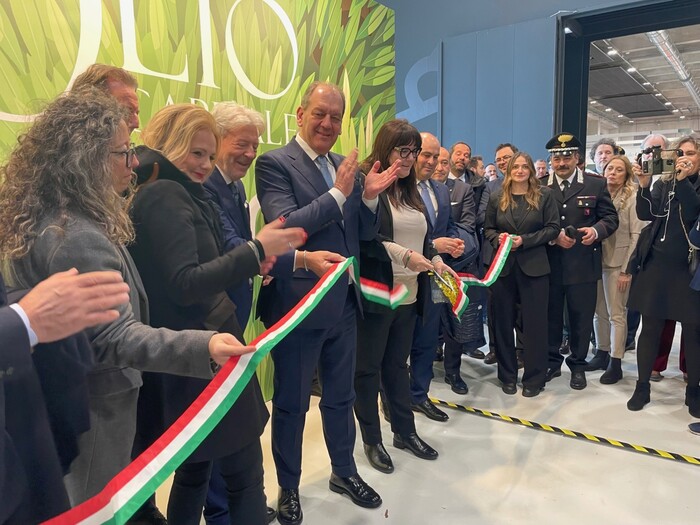The conflict seemed set in stone.
It finally seems to be starting to unlock.
A historic meeting between the Greek and British Ministers of Culture on the subject of the ancient sculptures of the Parthenon preserved in the British Museum should take place
"as soon as possible"
, announced Tuesday UNESCO, which accompanies the discussions carried out between the two countries.
To discover
Discover the “Best of the Goncourt Prize” collection
Read alsoDeath of Vangelis, Greek composer of the
Chariots of Fire
and
Blade Runner soundtrack
The principle of a meeting between the Greek Minister of Culture Lina Mendoni and Stephen Parkinson, Parliamentary Under-Secretary of State for the Arts would have been decided in April.
It will follow the discussion already started in London last November between British Prime Minister Boris Johnson and his Greek counterpart, Kyriakos Mitsotakis.
Formerly fiercely opposed to any restitution of the remains of the Parthenon, Boris Johnson had moderated his position on this occasion by affirming that it would be up to the British Museum to decide on their possible return.
The participation of the museum in the talks announced by Unesco has however not been confirmed.
Returns in tune with the times
Preserved since the beginning of the 19th century in London, in the collections of the British Museum, the so-called Elgin marbles - named after the British aristocrat who had supervised their collection and transport to England - are the subject of official complaints from Greece since 1982. These remains - presented over approximately 75 meters - correspond to almost half of the Panathenaic frieze which adorned the perimeter of the Parthenon, the temple of Athena located in the heart of the Acropolis of Athens.
Attributed to Phidias, the reliefs carved around the middle of the 5th century BC.
AD form one of the most acclaimed masterpieces of classical art.
The British Museum also holds several other remains of the Parthenon, including several metopes from the Temple of Athena, a caryatid from the
Read alsoBetween London and Athens, the eternal quarrel of the Parthenon
Long stalled, the fate of the Elgin marbles has again become a topical subject of friction between Greece and the United Kingdom in recent years.
This revival is driven by a favorable international context, marked by several restitutions.
Last fall, France thus returned to Benin 26 pieces of the royal treasure of Abomey;
while Germany has also pledged to return to Nigeria some of the cultural property looted at the end of the 19th century.
British public opinion is also moving in the direction of a return of Athenian works to Greece.
In November, a poll indicated that
59% of Britons believed the Elgin Marbles "belonged to Greece"
.
This favorable atmosphere has not gone unnoticed by the Greek government.
"
There couldn't be a better time than now to reunite the missing part of the Parthenon sculptures with their birthplace in Greece.
“, Hammered Kyriakos Mitsotakis in a speech delivered at Unesco on November 12.
A sign of changing times, a first fragment of the Parthenon found its way to the Acropolis Museum in January, which exhibits the remains of the ancient site.
It was not, however, a British marble, but a piece on loan from Italy.









